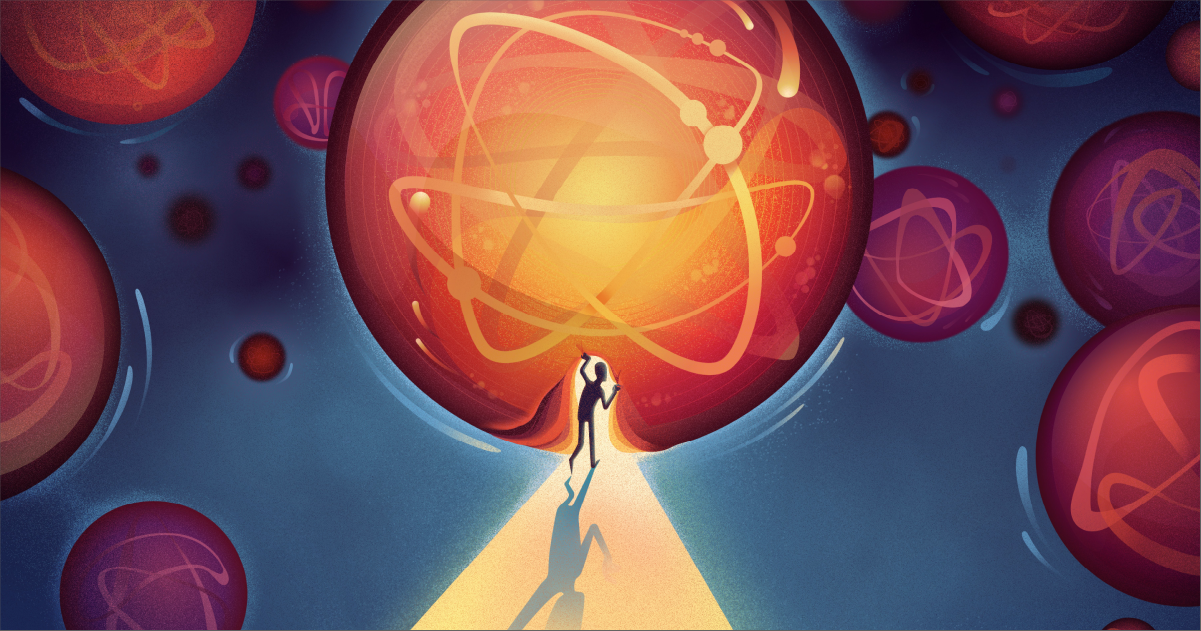- cross-posted to:
- [email protected]
- cross-posted to:
- [email protected]
THE DIVIDING LINE between science and philosophy has never been clear. Often, it’s drawn along testability.
Any science that deserves its name is said to be vulnerable to tests that can falsify it, while philosophy aims for pristine truths that hover somewhere beyond the grubby reach of experiment.
So long as that distinction is in play, physicists believe they can get on with the messy business of “real science” and leave the philosophers in their armchairs, stroking their chins.
As it turns out, though, the testability distinction doesn’t hold.
Philosophers have long known that it’s impossible to prove a hypothesis. (No matter how many white swans you see, the next one could be black.) That’s why Karl Popper famously said that a statement is only scientific if it’s falsifiable — if we can’t prove it, we can at least try to disprove it.
In 1906, though, the French physicist Pierre Duhem showed that falsifying a single hypothesis is impossible. Every piece of science is bound up in a tangled mesh of assumptions, he argued.
These assumptions are about everything from underlying physical laws to the workings of specific measurement devices. If the result of your experiment appears to disprove your hypothesis, you can always account for the data by tweaking one of your assumptions while leaving your hypothesis intact.



Summ:
The article discusses “experimental metaphysics,” a field blending science and philosophy to test fundamental assumptions about reality. Eric Cavalcanti and his team have developed a theorem that imposes constraints on our understanding of reality, challenging traditional views that separate scientific inquiry from philosophical assumptions. By examining concepts like locality and realism through experiments, they reveal how intertwined these domains are, suggesting that metaphysical questions can be scientifically tested. This approach aims to deepen our comprehension of both physics and the philosophical underpinnings that shape scientific thought.
Eric Cavalcanti Bio: https://experts.griffith.edu.au/8103-eric-cavalcanti